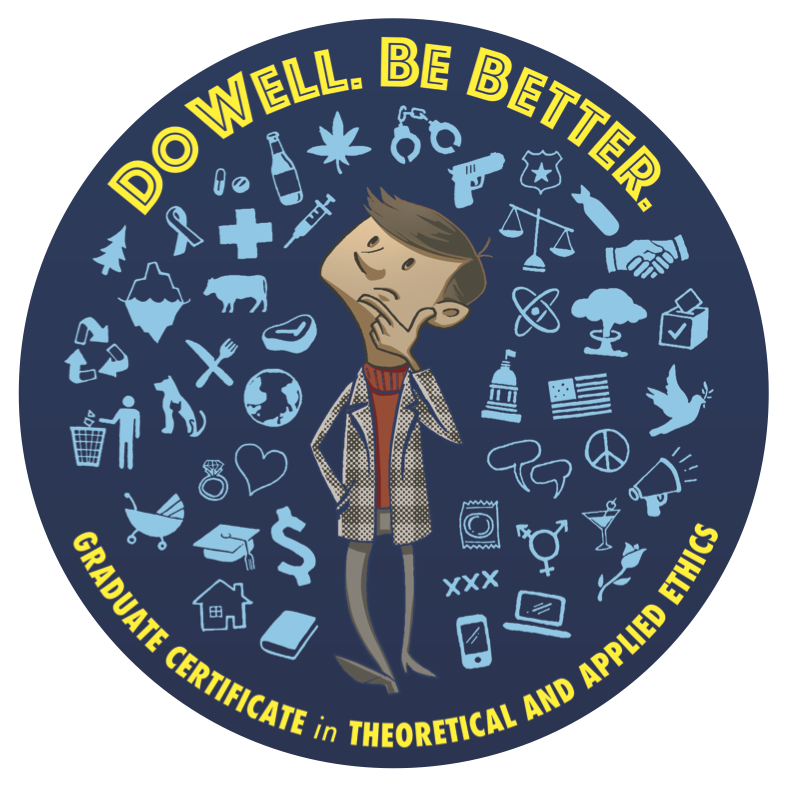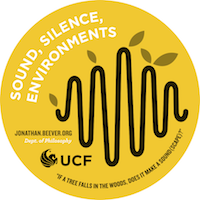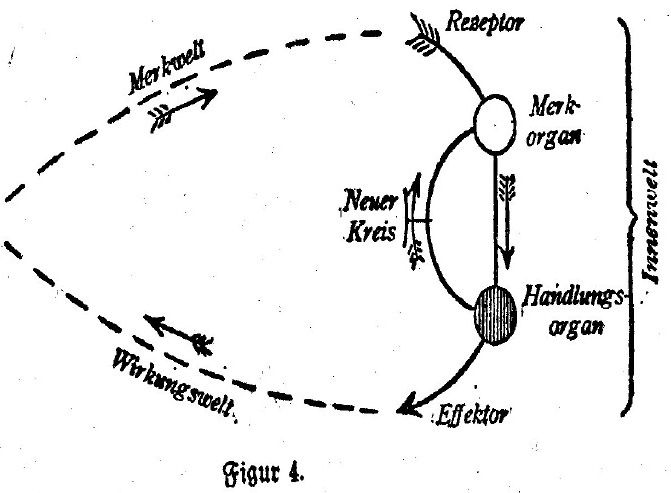| |
Beever's research is focused broadly on
the concept of ecological ethics,
or the moral relationships between human
animals and their biotechnologies,
nonhuman animals, and the natural
environment.
You can download his research statement
here.
Current research and publishing
projects are along the following themes:

|
Moral
Theory
As the scientific
understanding and social impact of
ecology develops, environmentalism
is as important as and more
relevant than it ever was.
Yet, contemporary theories of
environmental value are inadequate
for at least one of two
reasons: either they fail to
offer a sufficient scope, or they
fail to offer metaethical
justification sufficient for
application in policy and
practice. In response, Beever
works to develop a moral theory
based on a biosemiotic theory of
meaning. |
 |
Environmental
Ethics
Beever works on ethical
questions in environmental
philosophy, pushing boundaries
to consider not only "natural"
environments but also digital
environments as well. Central to
this work is the relationship
between ethics and science,
especially the conservation and
computational sciences.
His work in the
philosophy of soundscape
ecology focuses explicitly
on this intersection. He leads
an interdisciplinary team of
graduate and undergraduate
students in studying the nature
and value of soundscapes as they
relate both human/cultural and
nonhuman experiences.
His work on
digital ethics examines the
relationship between digital
technologies and the human
experience of the world more
broadly. You can read more about
this work in his 2019 book Understanding
Digital Ethics (Beever,
McDaniel, & Stanlick.
Routledge).
|
 |
Semiosis
and Value
Semiotics, the study of
signification, is a broad reaching
discipline indebted to the work of
American pragmatist C.S. Peirce.
Beever's interest in semiotics is
two-fold. He is engaged in the
developing project of biosemiotics
and have developed a view of
biosemiotic ethics.. He is
secondly interested in the
conceptual work of semiotics,
developing projects related to
C.S. Peirce, Jakob von Uexkull,
and Jean Baudrillard. He has
applied semiotic analysis and
framing to topics of sentience,
ecology, and terrorism.
- Watch a
talk on Aldo Leopold and
environmental value |

|
Environmental
Bioethics
Beever's work in
bioethics focuses on the
historical, conceptual, and
practical intersections between
traditional bioethics, public
health ethics, and environmental
ethics. He is interested
specifically in questions of
emerging biotechologies and
philosophies of ecologies that
give us reasons to rethink the
value conflicts at the heart of
bioethics.
- Watch a
panel discussion on GMOs and the
environment |

|
Engineering
Ethics and Scientific
Integrity
Beever's interest in science and
ethics has led to several
interdisciplinary projects,
including in engineering ethics
education. Beever has
collaborated with colleagues
at Purdue, Penn State, and
at the University of Central
Florida to develop institutional
ethics programs that go beyond
traditional Responsible Conduct
of Research models in developing
moral literacy skills in the
sciences and engineering.
-
watch a series of videos on
Reflexive Principlism:
1. Ethical
Decision-Making in Science and
Engineering
2. BioEthical
Principlism
3. Reflexive
Principlism in Engineering
4. Reflexive
Principlism and the Design
Process
- listen to
podcasts on ethics here: https://stars.library.ucf.edu/ucf-forum/
|
|
|
|
|